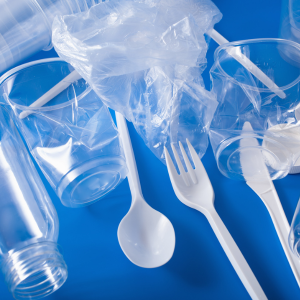
Plastic is produced from fossil fuels, with the extraction and creation of plastics emitting vast amounts of greenhouse gases.
Single use plastics are the worst culprits as the environmental impact of their production is entirely associated with their one time use.
Whilst certain single use plastics may be recyclable, it is still beneficial to the environment to consider reducing the use of plastic where possible. Not only to reduce the greenhouse emissions associated with the production, recycling and disposal of plastics, but also to stop waste plastics and micro-plastics from entering the seas and our eco-systems.
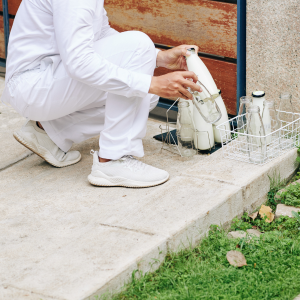
Milkman
Milkmen have seen a resurgence in the UK in recent years due, in part, to the environmental benefits associated with reusable glass bottles.
Some Milkmen services also offer a wider range of products now, including plant based milks, fruit & veg, dairy products, and cereals, often utilising re-usable packaging.
The Modern Milkman and Milk & More are two examples of companies that push the environmental benefit of their service.
Refill Shops
Using reusable, refillable containers can help eliminate and amount of waste packaging.
Maya’s Refillables, based in Wokingham, provides a range of body products, cleaning products, and food, which you purchase by filling up your own reusable containers. You can also order online if you can’t get to Wokingham, with a convenient collection point in Woodley.


Refillable water bottles
Instead of buying bottles of water when out and about, you can try carrying your own refillable bottle.
Refill.org.uk even provide an app that helps you to locate your nearest water refill station.
Coffee Cups
Takeaway coffee cups cannot normally be recycled at home due to a thin layer of protective film which coats the inside of the cup to make it waterproof.
If you use a takeaway cup, consider taking it to one of a number of shops which now provide a recycling service; the Cup Recycling Scheme list shops, including McDonald’s, Costa Coffee, Pret A Manger, and Caffè Nero.
Alternatively, you could consider using a reusable, or ‘keep’ cup – some coffee shops even offer discounts for users of their own reusable cups.
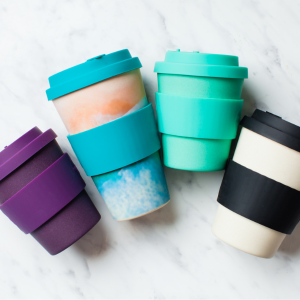
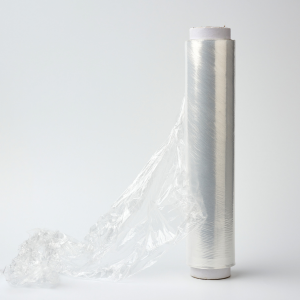
Cling film
Cling film is one of the least recycled plastics. It also contains a plastic which is toxic to the environment. The good news is, there are alternatives.
Tupperware or other reusable containers, like glass kilner jars, are great for storing leftover food.
However, where you do want to wrap up or cover your food, then you may wish to consider Beeswax wraps. Silicone bowl covers are another alternative; they can be sourced from many outlets, including The Original Stretchy Food Lids UK.
Soap
According to BBC Science Focus the greenest option for keeping clean is to use natural soap.
Shower gels are not only stored in plastic containers, although most are now made using recycled material, but they are also mainly produced using petrochemicals.
Non-natural soaps also often contain palm oils, therefore contribute to deforestation.
There are many online stores now offering natural soaps, including We Are Soap, Faith in Nature, and All Natural Soap Company, although do shop around and research for yourself.
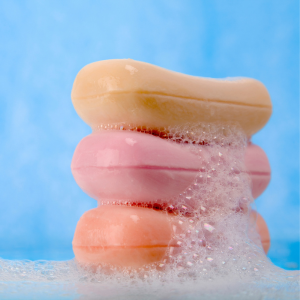
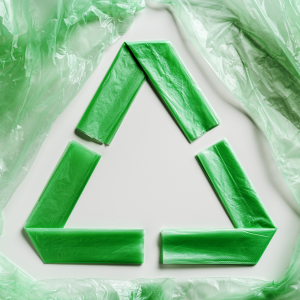
Soft Plastics
Soft plastics cannot be recycled as part of your household waste, but can still be recycled. This includes plastic bags, and certain food wrap and packaging.
RecycleNow’s Recycling Locator can help you find where you can recycling soft plastics, but typically recycling is available at your local supermarket.
